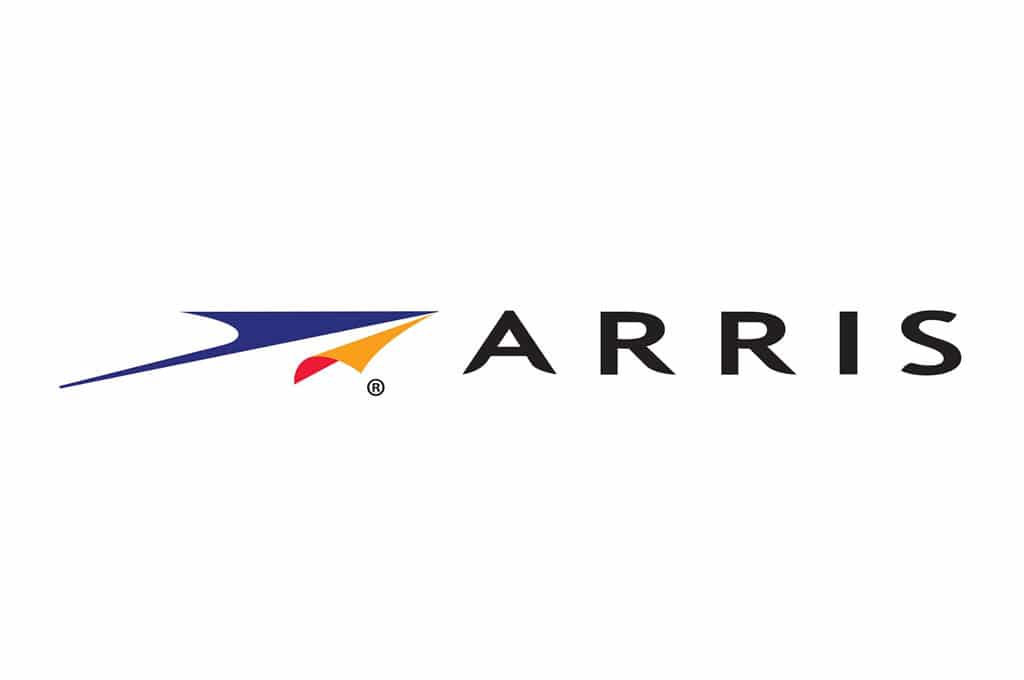Source: eeNewsEurope news
Network equipment maker Arris is warning of higher prices from a long term shortage of multilayer chip capacitors (MLCCs) and memories.
Arris, which bought the cable set top box businesses of Motorola and Pace and makes a range of broadband and enterprise equipment, is pointing to significant supply problems with MLCCs.
“We reported solid results for the second quarter with revenue up 10% quarter-over-quarter to $1.73 billion,” said said Bruce McClelland, CEO of Arris at the comapny’s half year results last week. “Sales were up across all segments and CPE [set top boxes] returned to over $1 billion in sales as we projected but were slightly lower than our expectation as we managed the timing of supply and component availability,”
The company is having to increase prices for boxes and is not renewing less profitable deals as a result. “We’ve had extensive interactions with our customers to adjust prices in the second half of the year and 2019 to reflect the increased component cost, primarily memory and MLCC capacitor components, and plan to further rationalize lower contribution customer engagements,” he said.
Some of the problems with MLCCs come as more devices are shipped through distribution. Back in April, TTI warned in a letter to customers of a worldwide shortage of commonly used multi-layer ceramic chip capacitors (MLCC).
“The conditions of this market are different than historical shortages and allocations of components – the most critical difference being that this time of constraint will last longer. The underlying cause is economic and largely pertains to case size 0402 and up, both low and high CVs, though case size 0201 in some values are included,” said the letter.
“We have reached a point that some manufacturers are concentrating their future activity on smaller case sizes and less commoditized technologies of the market like high voltage and flexible termination, with a particular focus on high-reliability end-markets such as automotive and medical. So while manufacturers are adding capacity, it’s generally not for commercial commodity parts – making this market condition even more difficult to navigate.” TTI responded
